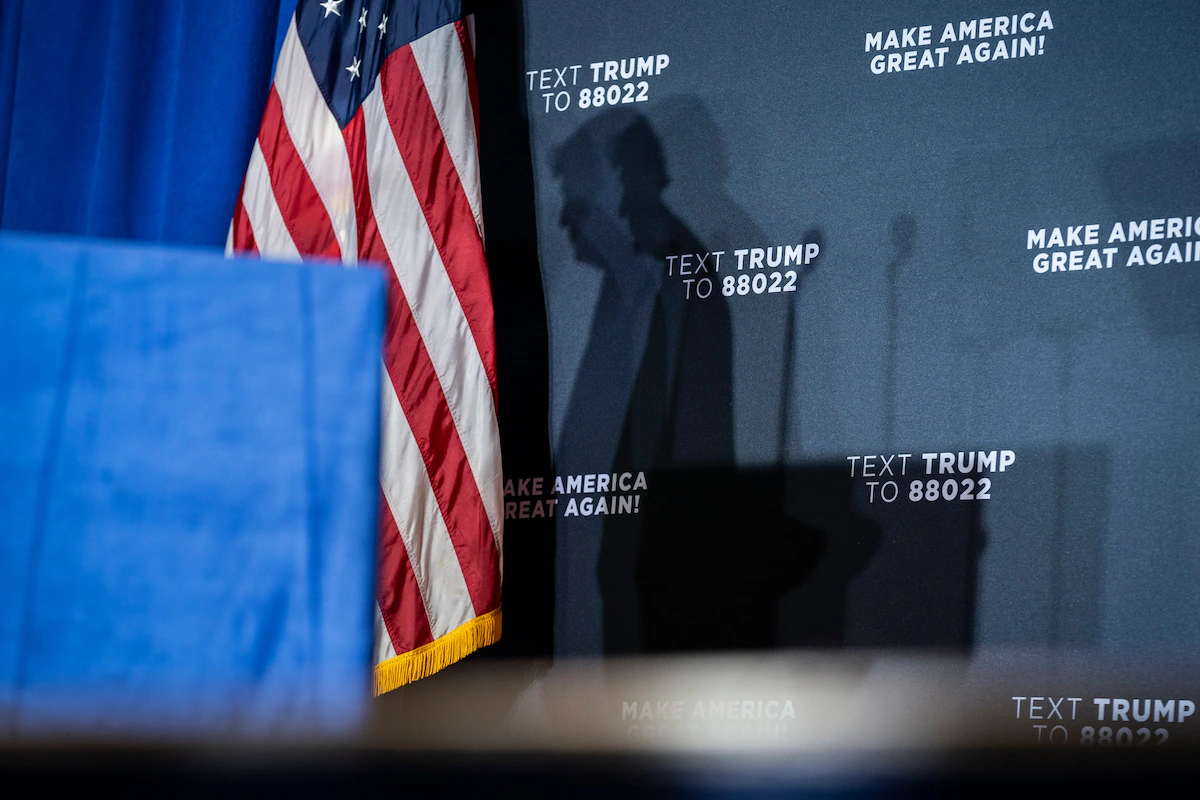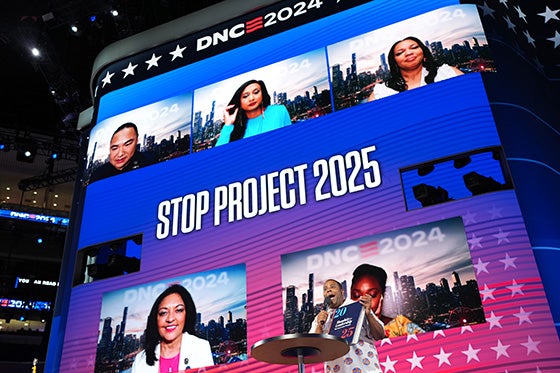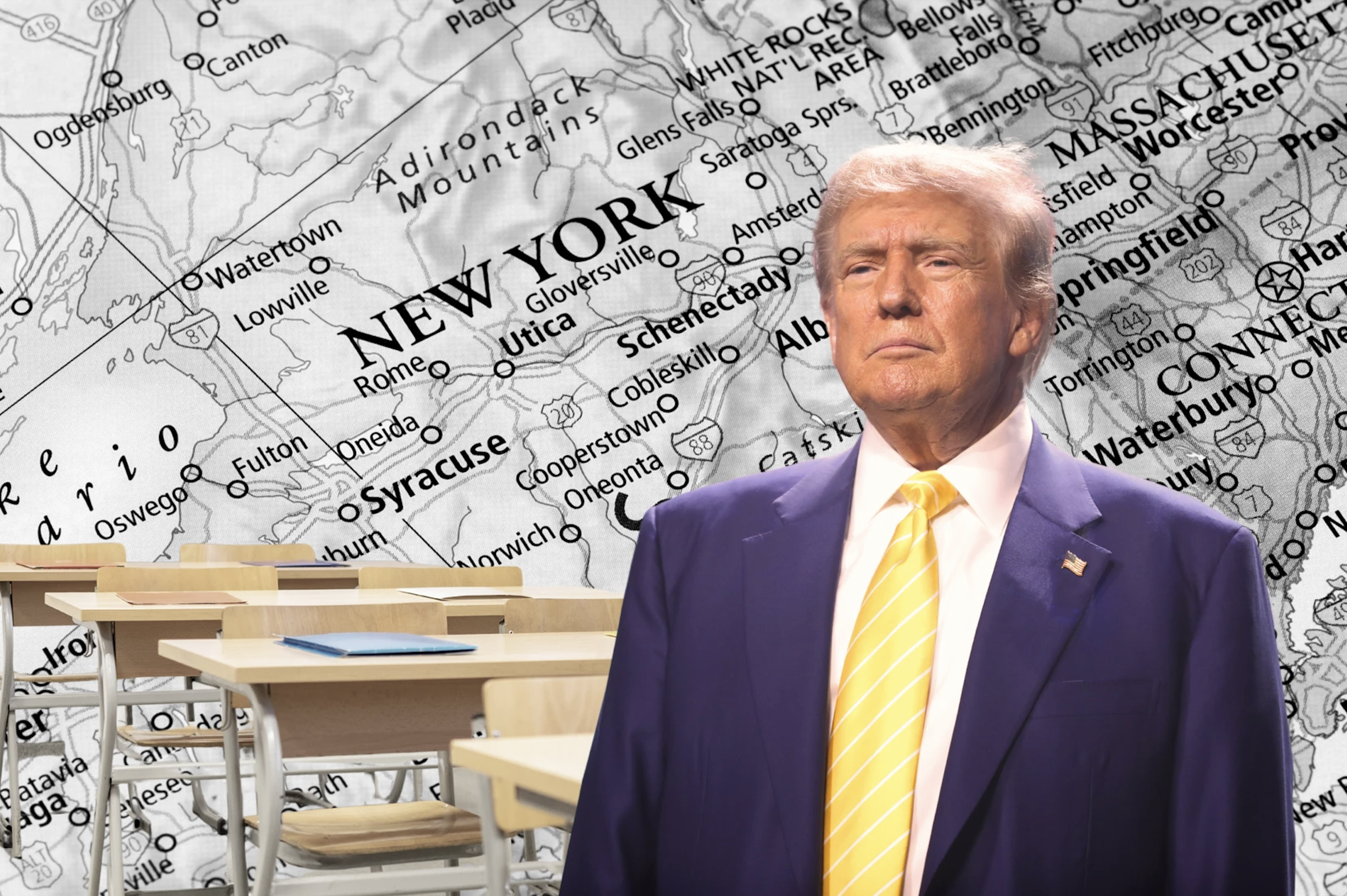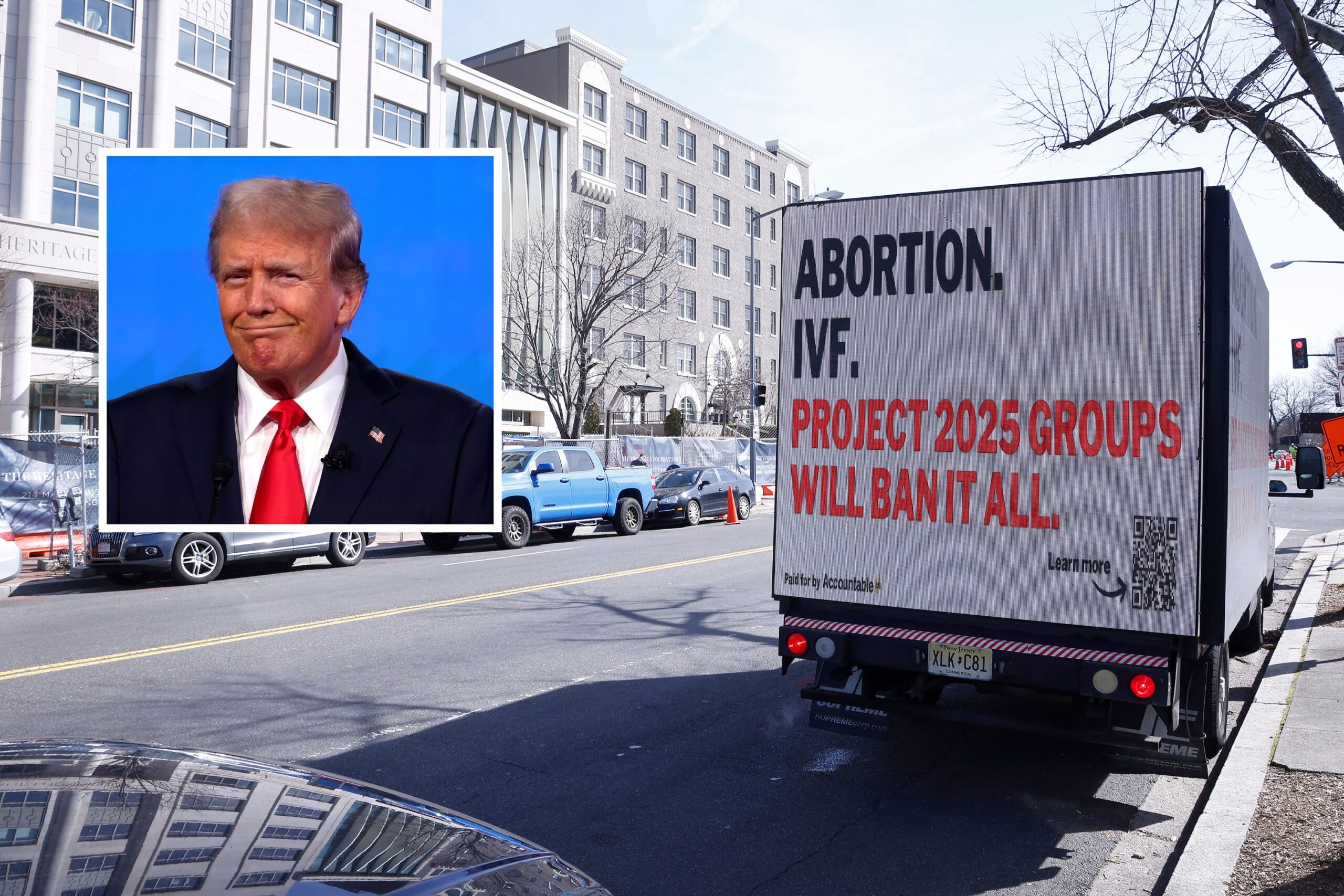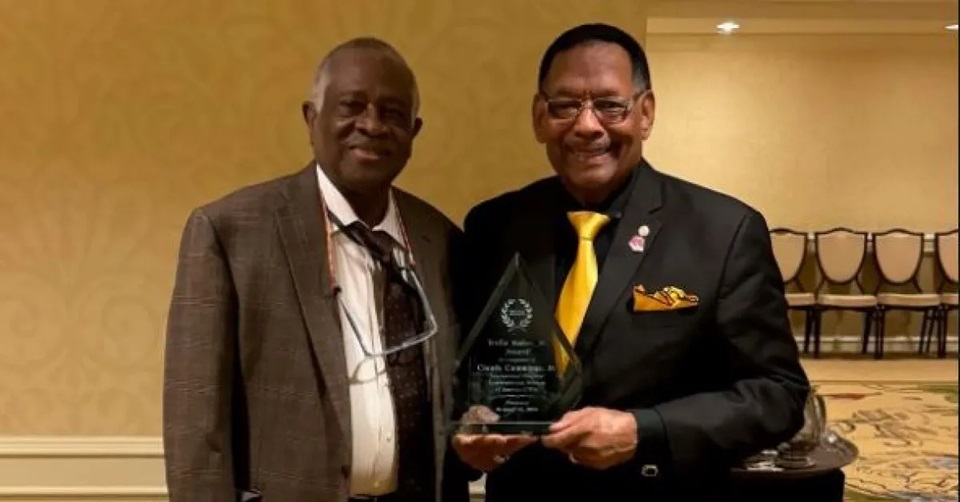Originally by at The Washington Post
There was no such conflict with Vought. By the time Trump left office, Vought was running the department. And when Trump retired to Florida in (fleeting) disgrace, Vought stayed in Washington, planning ahead.
Vought is the founder of the Center for Renewing America (“Our mission is to renew a consensus of America as a nation under God”) and has dedicated his time since President Joe Biden’s inauguration to planning for Trump to return to the White House. He’s also a primary driver of Project 2025, the Heritage Foundation’s lengthy articulation of how it hopes an incoming Republican president will handle administration of the government.
You’ve probably heard of Project 2025. It encompasses a range of proposals centered on building the power of the chief executive and using the government to bolster right-wing cultural priorities. Its comprehensiveness has made it easy for critics to pick out particularly unpopular proposals and paint the entire effort negatively. Polling from YouGov last month found that those who had an opinion of the project generally had an unfavorable one.
That Project 2025 is an albatross for Trump is demonstrated clearly by the former president’s effort to distance himself from it. He has insisted that he has “no idea who is behind it,” despite having previously traveled with Kevin Roberts, president of the Heritage Foundation and a champion of the project.
The Heritage folks also know that Project 2025 isn’t doing Trump any good. A book from Roberts scheduled to come out in September — with a foreword by Trump’s running mate, Sen. JD Vance (R-Ohio) — was kicked out until after the election. In an interview last week, Roberts praised Trump’s effort to keep Project 2025 at a distance.
Vought agrees with Roberts that the distancing makes sense. Speaking to undercover climate reporters on video obtained by CNN, Vought described the distancing as “graduate-level politics.”
Vought told the reporters that he’d been given an assignment by Trump since the former president left office, and that Trump had “been at our organization, he’s raised money for our organization, he’s blessed it.” The former president, he said, is “very supportive of what we do.”
He was apparently referring to the Center for Renewing America, which, CNN reports, is “secretly drafting hundreds of executive orders, regulations, and memos that would lay the groundwork for rapid action on Trump’s plans if he wins.” This matches Washington Post reporting from June.
“Eighty percent of my time is working on the plans of what’s necessary to take control of these bureaucracies,” Vought says on the video, according to CNN. “And we are working doggedly on that, whether it’s destroying their agencies’ notion of independence … whether that is thinking through how the deportation would work.”
This, in a nutshell, is why Project 2025 lingers behind Trump like an unwelcome shadow.
Donald Trump is little more interested in the mechanics and focus of policy than he was in 2016. He has policy issues that he champions: build a wall, deport immigrants, no taxes on tips, make it easier to place loyalists at government departments. But it doesn’t go much beyond that, as his speech this week purportedly focused on the economy makes clear. The speech had a few mentions of economic policy proposals, but those were often familiar (increase oil drilling, etc.). There was no overarching argument beyond “the economy will be better,” and little in the way of specifics.
So here’s Project 2025 and here’s Vought and here’s Roberts, with lots of plans for what Trump might do should he win in November. And not only do they have plans, but they have staff, lists of people interested in helping them effect their plan by serving in a second Trump administration.
Earlier this month, ProPublica and Documented obtained training videos produced as part of Project 2025 with the goal of instructing potential Trump administration functionaries on how they should approach their jobs.
If Trump wins, Heritage and Vought can drop their 900-page Project 2025 book in his lap. They can give him a database of people committed to fulfilling the vision the book documents. Vought can hand over all those executive orders, ready for Trump to put pen to paper.
Trump could distance himself from all of this. He could promise not to implement Project 2025’s recommendations or, better, he could offer detailed policy proposals of his own. He could refuse to consider appointing Vought or hiring Heritage’s recommended staffers.
Instead, he’s put forward “Agenda 47,” a scattershot set of his own videos addressing various right-wing issues in haphazard fashion. He worked to overhaul the Republican Party platform to strip out contentious proposals and bring it in line with his own vague political rhetoric. And there’s no real question that Vought — and many others involved in Project 2025 — would serve in a second Trump administration. After all, CNN tallied more than 130 former Trump administration staffers who were linked to the project.
Put simply, Vought and Project 2025 have the space to recommend policy proposals in part because Trump is disinterested in the subject. Trump’s dismissals of Project 2025 as not reflective of his priorities are viewed by Project 2025’s authors as insincere, but they’re also obviously hollow because Trump would simply elevate many of them to government positions where they could implement their agenda without Trump’s needing to weigh in. That’s often how it worked when Trump was president.
During Trump’s administration, Vought told the climate reporters, “we had people, appointees, that were not on board with the president’s viewpoint — leaking, destabilizing the policy process.”
“I don’t think that will be the occurrence again,” he said. “I think he will find people that share his political views are bought in, and that will be a much more healthy White House process as a result.”
That’s the real focus of all of this: to saturate the government with people sympathetic to Project 2025. And that’s why Trump can’t escape Vought and the Heritage Foundation. It’s not about the book — it’s about the people. And in 2025, unlike 2017, the right is determined not to be caught flat-footed by a Trump victory.
Read the Original Story
